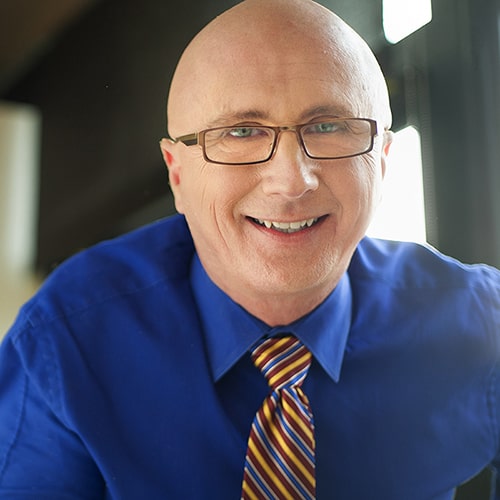The fiduciary duty that we owe to our clients is a marvelous creation. It sets the standard of how we serve our clients. The duties of care, loyalty, and full and frank disclosure are at the philosophical and practical foundation of being a lawyer. Our fiduciary duty is so imbedded in how we operate that we often do not think about it unless we are faced with a situation that brings it to the forefront.
Whether we realize it or not, we have a fiduciary duty to ourselves as well, and to fulfill it, we have to explore work’s purpose in our life. We typically think first of our services to our clients. Depending on the type of law you practice, the services can vary, but in general, our purpose as lawyers is to protect what our clients value, which is why they are in our office. It may be a contract concerning work to be done on their house, or it might relate to their business. It may be criminal charges and their freedom, or a divorce involving children. The list is endless.
But our work holds several purposes for ourselves as well. What are our purposes for work? The easy answer is to provide a living. The money we make in exchange for the time we give—the quid pro quo scale that lives in each of us—is part of the way we answer the question. How we are treated, how many hours and days a week we work, and how much we feel valued for what we give are equally as important.
There’s deeper purpose too, though. Work cannot tell us what we are looking for in life. It can take us many directions, but that is not to be confused with journeying toward where we want to move personally and spiritually. We must steer our work on that path. While work is meant to serve us physically in allowing us to live, its deeper meaning serves us to the extent that we are searching for deeper meaning.
What do you get from work besides a paycheck?






Interesting idea (fiduciary duty to self) — a powerful image. I wonder though … isn’t part of the problem that we are NOT really fiduciaries for ourselves, in that there is no one who will hold us to account if we fail fulfill our duty to actualize our potential? If we are a fiduciary for another and we fall down on the job, someone is likely to notice, perhaps another lawyer, and intervene mightily. But if we fail in our duty to ourselves, who will intervene?
You are absolutely right. What we should be doing for our self is often different than what we actually do. If we don’t live up to our fiduciary duties to our clients there can be outside imposed repercussions, such as losing a client or sanctioned by the bar. I like the image of fiduciary duty because it brings out an image that is easier to relate to and creates a standard that I can try to apply to my own life. If we don’t take care of our self it can effect the most important relationships in our lives- there are eventual repercussions.